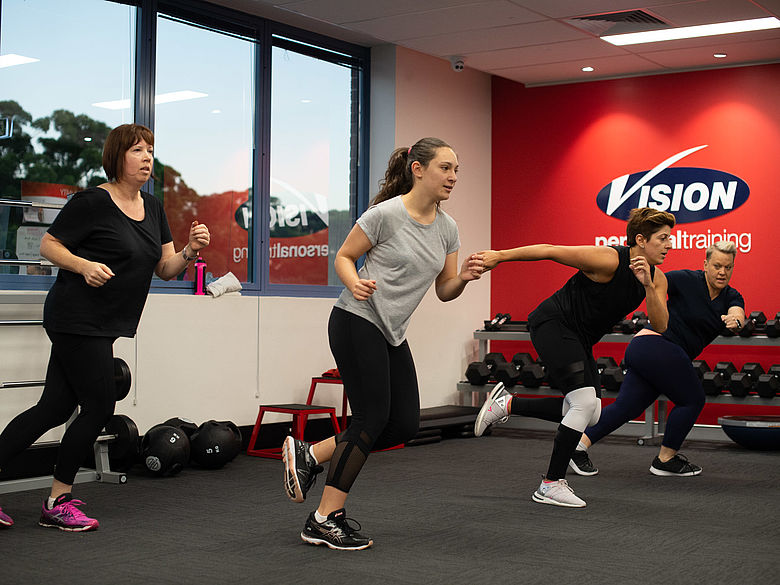We often focus on exercise and nutrition while overlooking one crucial factor: sleep. Quality rest is not only essential for overall health and well-being but also plays a significant role in athletic performance and recovery. This article delves into the importance of sleep for fitness enthusiasts, exploring its impact on physical performance, metabolism, and muscle recovery.
Sleep is a fundamental physiological process that allows the body to rest, repair, and rejuvenate. During sleep, the body undergoes essential processes such as tissue repair, muscle growth, and hormone regulation. Inadequate sleep disrupts these processes, leading to decreased athletic performance, impaired cognitive function, and increased risk of injury. Research has shown that sleep deprivation can impair reaction time, coordination, and decision-making skills, all of which are critical for athletic success. Furthermore, insufficient sleep is associated with higher levels of stress hormones such as cortisol, which can hinder muscle recovery and contribute to muscle loss over time.
In addition to its direct effects on physical performance, sleep also plays a crucial role in regulating metabolism and energy balance. Sleep deprivation has been linked to disruptions in appetite-regulating hormones, leading to increased hunger and cravings, particularly for high-calorie, high-carbohydrate foods. This can sabotage weight loss efforts and hinder progress towards fitness goals. Moreover, inadequate sleep has been shown to negatively impact insulin sensitivity and glucose metabolism, increasing the risk of developing insulin resistance and type 2 diabetes. By prioritising quality sleep, individuals can better regulate appetite, improve metabolic health, and support their fitness endeavours.
Optimising sleep quality and quantity is essential for maximising athletic performance and promoting recovery. Establishing a consistent sleep schedule, creating a relaxing bedtime routine, and creating a sleep-friendly environment are all strategies that can improve sleep quality. Additionally, avoiding stimulants such as caffeine and electronic devices before bedtime can help promote restful sleep. Athletes and fitness enthusiasts should aim for 7-9 hours of sleep per night to ensure adequate rest and recovery. By prioritising sleep as an integral part of their training regimen, individuals can enhance their physical performance, improve recovery, and achieve their fitness goals more effectively.
Sleep plays a critical role in optimising athletic performance, supporting muscle recovery, and promoting overall health and well-being. Quality rest is essential for enhancing physical performance, regulating metabolism, and reducing the risk of injury. By prioritising sleep as an integral component of their fitness regimen, individuals can improve their athletic performance, achieve their fitness goals, and lead healthier, more fulfilling lives.

